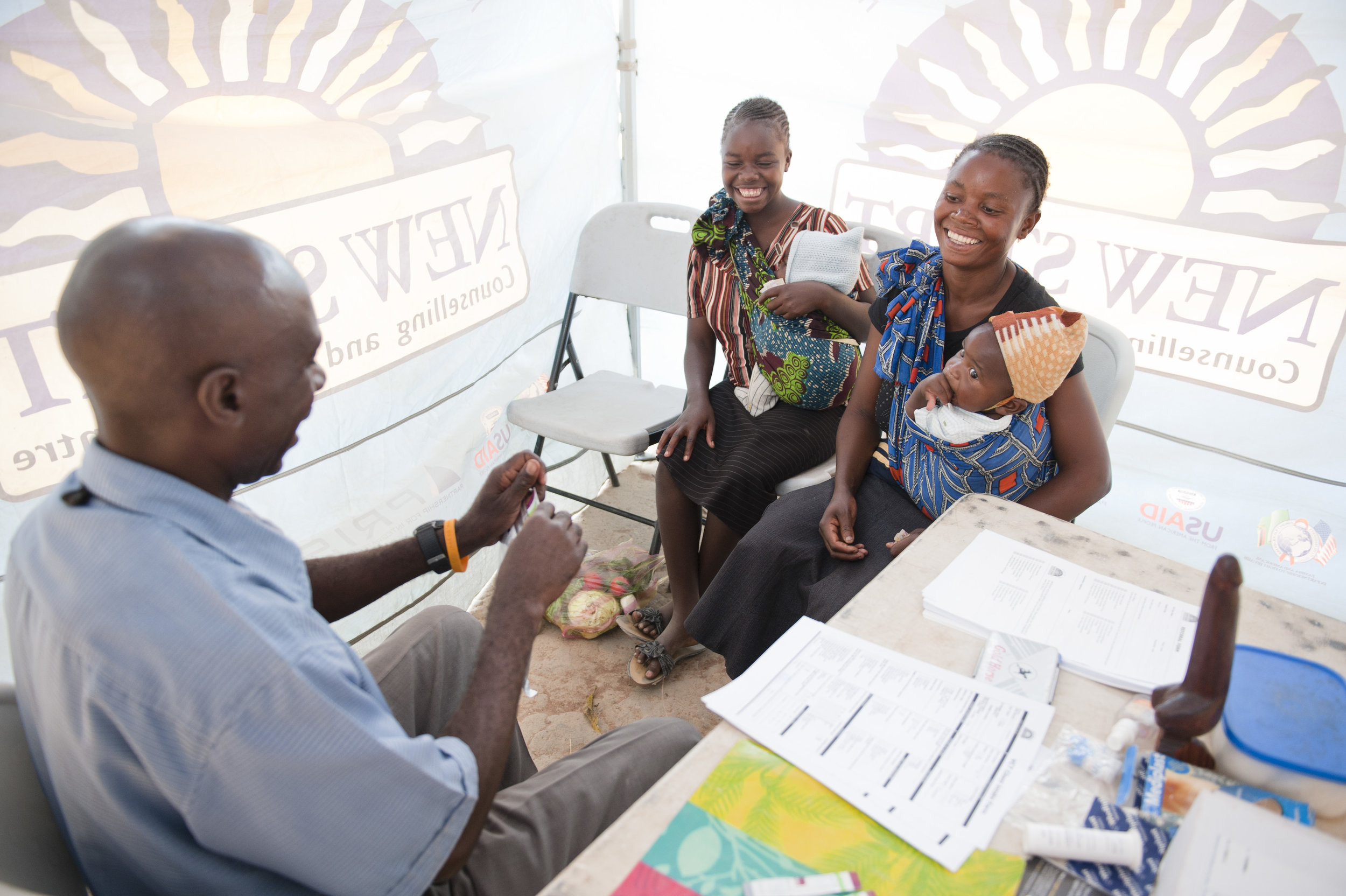Children Living with HIV
There are 3.4 million children living with HIV around the world and nearly 90 percent live in sub-Saharan Africa (UNAIDS, 2010). 390,000 new infections occur on average every year, while almost 30 children perish from pediatric AIDS-related illnesses every hour. Those are staggering statistics that communities face everyday. They are faced with the responsibility of making steady improvements to the quality of care children receive, while attempting to decrease the stigma that affected children face.
The solution to improving the care delivered in sub-Saharan Africa does not lie in creating more outside organizations, but in supporting the CBOs (Community Based Organizations) that are already trusted and operating effectively in villages throughout the region. According to a 2004 survey by the University of KwaZulu-Natal in South Africa there are at least 50,000 CBOs in South Africa alone. A CBO mapping exercise conducted in Malawi showed over 1,800 CBOs focused specifically on orphans and young children. With the right amount of resources and support, organizations that are well positioned, prepared, and rooted in the community are able to lead the struggle against AIDS from the ground up.
The key to creating a stronger link between communities and clinics lies in CBOs that can fill the gaps in the system. CBOs are part of communities, with the closest relationships to the most vulnerable families and the ability to connect families with treatment, resources, and support. CBOs can increase the scope of care children and families receive by linking government and international programs to local communities. Government programs are rarely available in communities, so treatment often only reaches those who seek out their help, leaving the most vulnerable without support. Combined with the stigma and fear associated with an AIDS diagnosis, many vulnerable families are discouraged from seeking treatment.
CBOs are critical to increasing the scope and quality of care. Their biggest advantage is the ability to access the household, which the government cannot. They can also more easily address the social barriers that limit access to and maintenance of treatment. One final advantage lies in their potential for sustained long-term solutions, by largely relying on their connections to vulnerable households and ability to address social barriers. Extreme poverty, poor health care, and lack of knowledge are experienced at the community level—the solution needs to begin there too. CBOs are the long term and sustainable answer to improving children’s daily lives inside the community, something an outside organization alone could not sustain.
Fund: Healthy Beginnings supports children living with HIV in Zambia through comprehensive support and care. Learn more at Fund: Healthy Beginnings.



